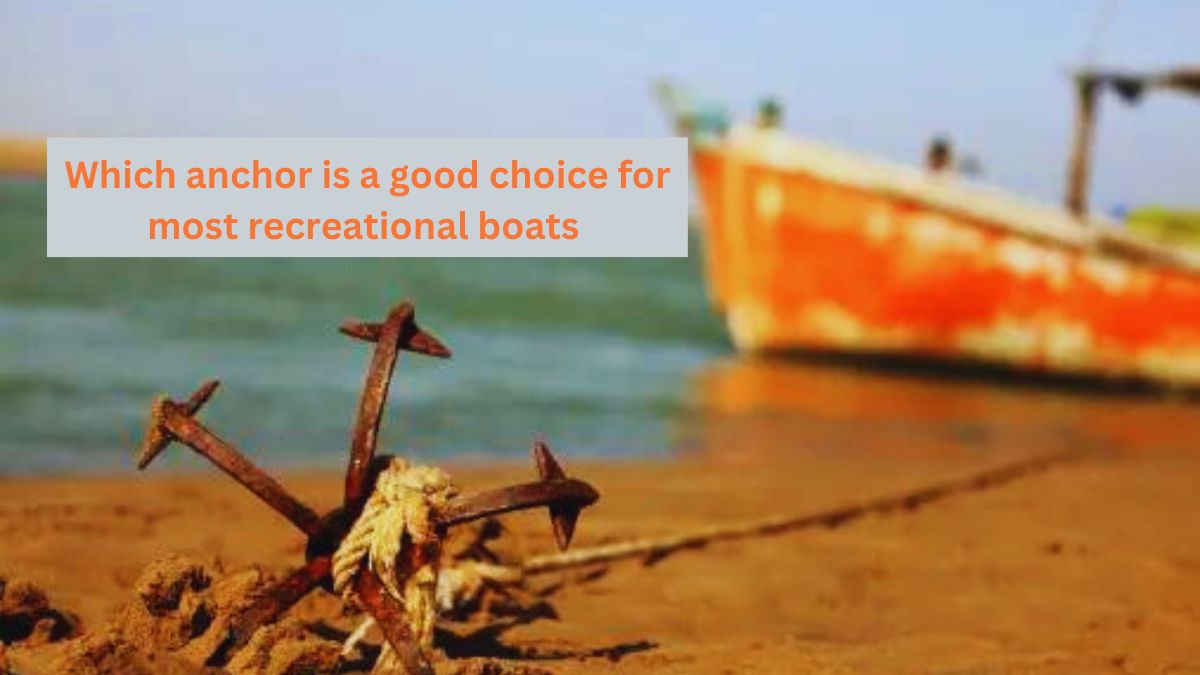
Which anchor is a good choice for most recreational boats
Which anchor is a good choice for most recreational boats is very necessary to know. Because firstly, it will instantly impact the security of your ship and ship. Particularly during stormy weather or from unknown anchorages. A badly selected anchor can lead to fatal events. It will drive crashes with other ships, systems or grounding. Moreover, it will generate anxiety. Lets compromise the joy of the boating experience. Hence, funding in the proper anchor is necessary to provide ease of mind and security while anchoring.
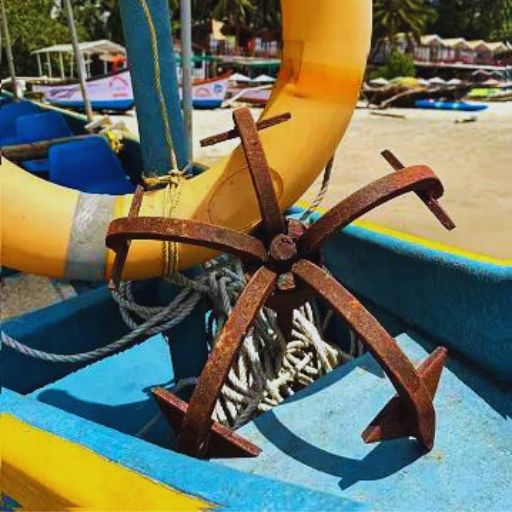
When selecting an anchor, several factors should be considered.
Boat size and weight: The size and weight of your boat will dictate the size and type of anchor required to provide adequate holding capacity. Larger and heavier ships will need larger, heavier anchors to withstand greater forces.
Bottom Conditions: The kind of seabed or lowest requirements must be apprehended. Where to land is very significant. Other anchors work nicely on specific bottom types such as sand, dirt, rock, or hay. Choosing an anchor that does the main bottom needs of your boating area will raise its holding power.
Anchor Type: Other types of commentators are public in the need. Each has distinct benefits and disadvantages. Typical types have fluke (Danforth), plow (CQR), claw (Bruce) and mushroom anchors. Elements such as ability, ease of building and appropriateness for various bottom types will affect your choice.
Holding Power: Anchor’s saving management guides to the capacity to stay on the seabed and withstand drag. It relies on the anchor’s structure, importance and the kind of bottom it is set on. Which will be affected by it. Ensuring good holding ability relative to your boat’s size and desired requirements will provide security.
Which anchor is a good choice for most recreational boats
which anchor is a good choice for most recreational boats The answer is given.For most recreational boats, fluke commentators (such as Danforth anchors) and plow anchors are needed. It is a favoured option for several causes.
Reasons for popularity are:
1. Reliable Holding Power: Both fluke and plow anchors are well understood for their dedicated saving power. Fluke anchors have short, sharp flukes. As a consequence, it will readily enter the bottom of the sea. It will deliver a powerful grip. Plow anchors, on the other writing, have a single, heavy blade. It digs down, delivering superior retention.
2. Versatility in Bottom Conditions: These anchors will function well in a combination of bottom needs including sand, mud, stone and clay. Their plan will anchor them. Will provide peace and security for the boat. A mixture of seabeds will lead to a fast and safe environment.
3. Ease of Handling: Chance and plow anchors will be comparatively lighter than different anchor styles. That will make them easier to manage, deploy and restore. Especially for recreational boaters who don’t have special equipment or experience.
4. Widely Available and Affordable: Fluke and plow anchors can usually be seen at marine reserve budgets. As a consequence, it will usually be additional cost-effective than some other commentator types This accessibility and affordability make them an appealing choice for recreational boaters. Therefore looking for dedicated anchoring keys without damaging the bank.
Altogether, the variety of dedicated holding ability, versatility in lowest requirements and comfort of handling complete fluke and plow anchors the go-to anchor for most recreational crafts.

Recommendations for different types of boats
Small power boat
For less power boats, such as runabouts or fishing boats, a weightless but dedicated anchor would be perfect. Will feel a concurrency anchor (Danforth) in right size for boat size and weight. Fluke anchors will offer superior holding capacity in a combination of bottom states. It will be effortless to work. Select an anchor with a weighted tip to provide quick entry to the seabed.
Sailboat
Sailboats will require such anchors. It can deliver safe warehouse total. Especially when anchored overnight or in difficult conditions. A plow anchor (CQR) or a Bruce anchor has superior having power. Often preferred for barks due to its capacity to fast set with additional bottom styles. Choose anchor length established on your sailboat’s removal and windage for optimal implementation.
Pontoon boat
Pontoon boats have unique anchoring requirements due to their wide shaft and flat lowest design. For pontoon boats, a mushroom anchor is a very famous choice. Mushroom anchors will fit well on silky bottoms such as mud or mud. As a consequence, it is usually found in surface water where float boats will often use. Make sure the mushroom anchor will deliver enough holding capability for the size and weight of your float boat.
Kayak and Canoe
Kayaks and canoes require light anchors. As a result, it is easy to haul and install. A folding commentator or a grapnel anchor would be fit for these little vessels. These anchors are compact, foldable and feature multiple tines or claws that will grip the bottom securely. Select an anchor size suitable for the size and importance of the kayak or canoe. Create sure it doesn’t overburden your craft. Will provide sufficient holding ability to hold in place.
In conclusion
Selecting the right anchor is important to the protection and enjoyment of boating sports. A small power boat, a sailboat, needs to select an anchor suitable to the vessel’s features and existing lowest conditions. Factors such as holding power, ease of handling and lowest state will be evaluated. Boaters can be guaranteed of reliable anchorage and ease of mind on the water.
Thank you for this article which anchor is a good choice for most recreational boats
FAQs
Which anchor is best for most recreational boats?
Fluke anchors (Danforth) and plow anchors for their dedicated holding ability. Along with being a favorite for most recreational vessels due to its versatility in different bottom conditions.
How do I choose the right anchor size for my boat?
Consider boat size, weight and windage when selecting an anchor. Following the manufacturer’s recommendations. Consulting experts to choose an anchor size suitable for the vessel.
Are there specific anchors for different bottom conditions?
Yes, some anchors will perform better in certain bottom conditions than others. Fluke anchors will work well in sand and mud. While plow anchors are suitable for rocky or weedy bottoms. Mushroom anchors are ideal for soft bottoms such as mud or silt.





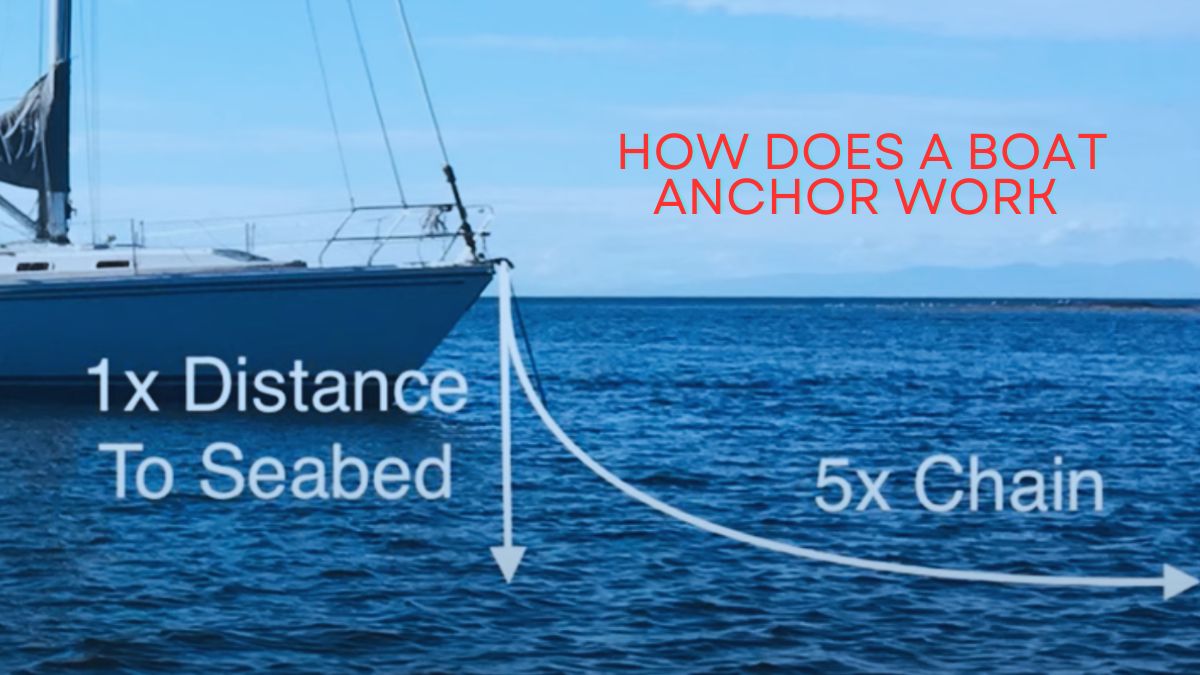
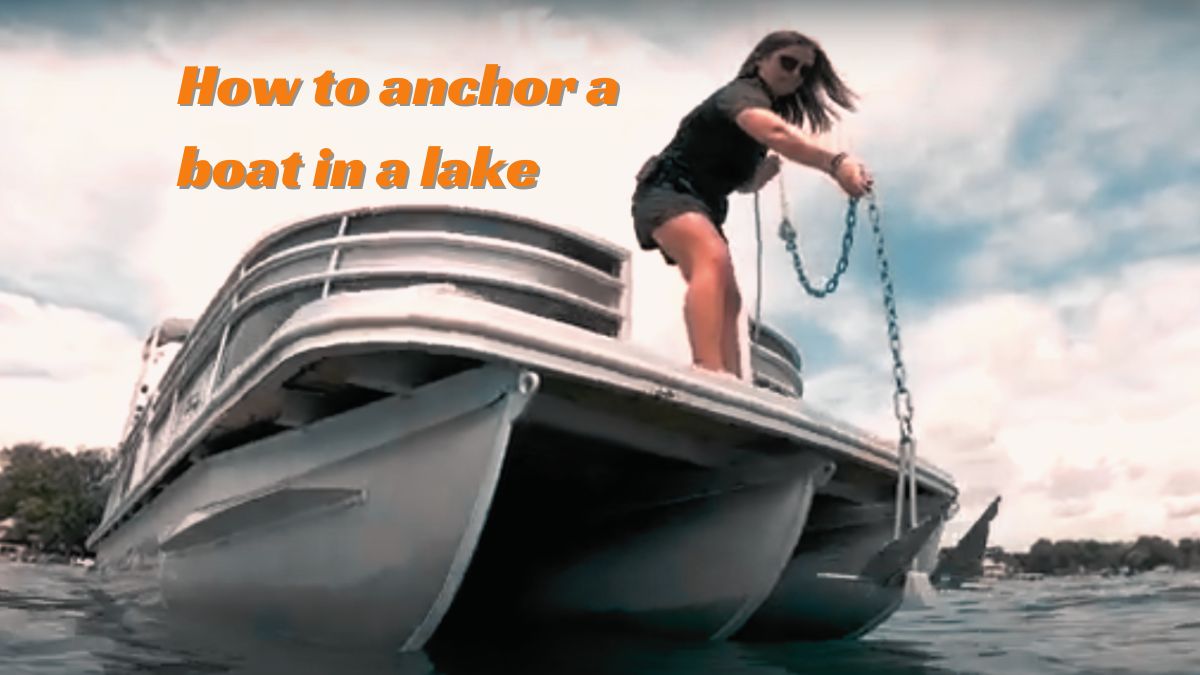
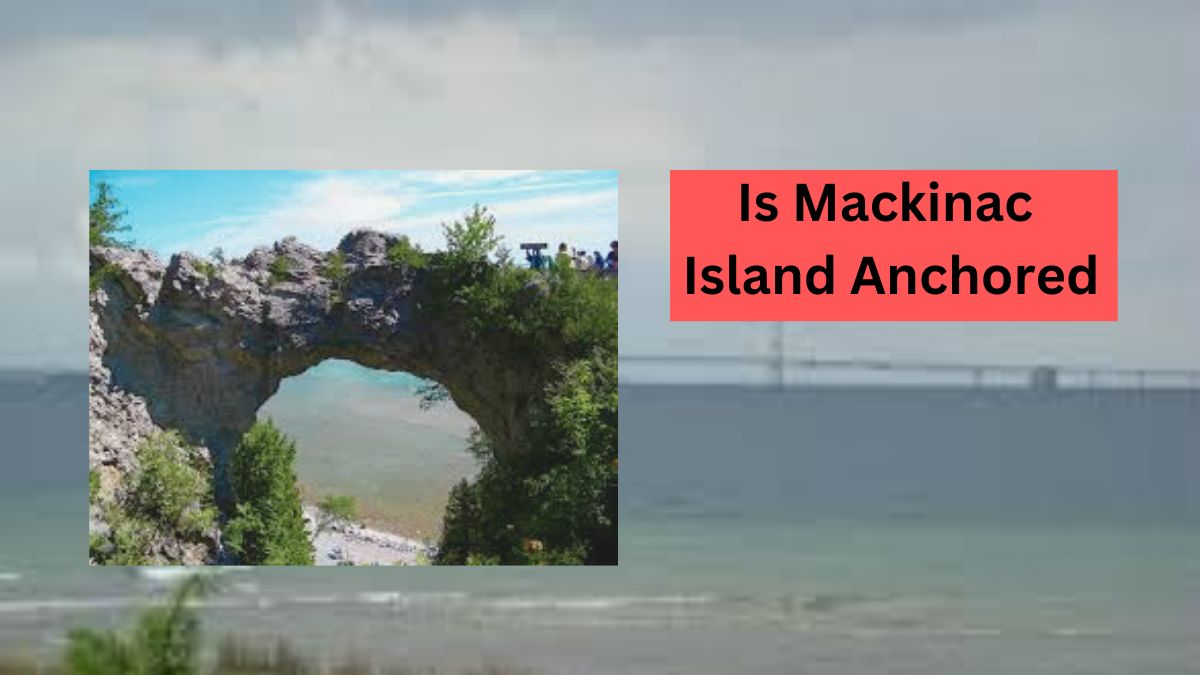
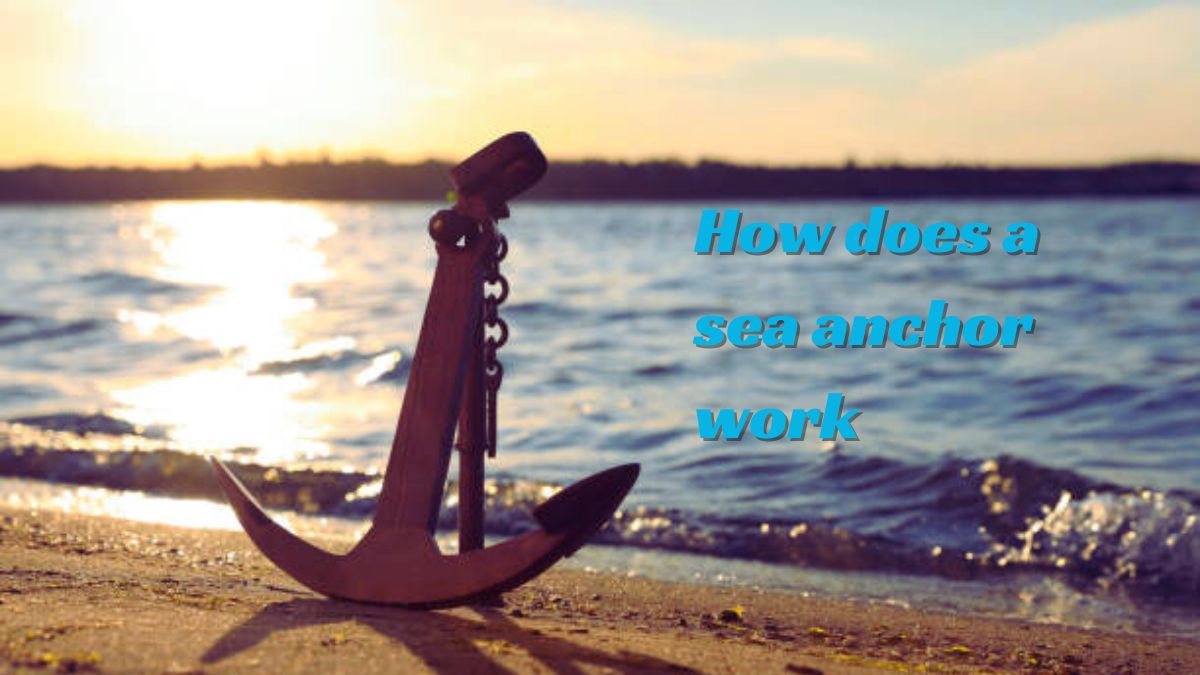
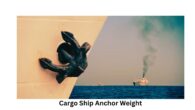
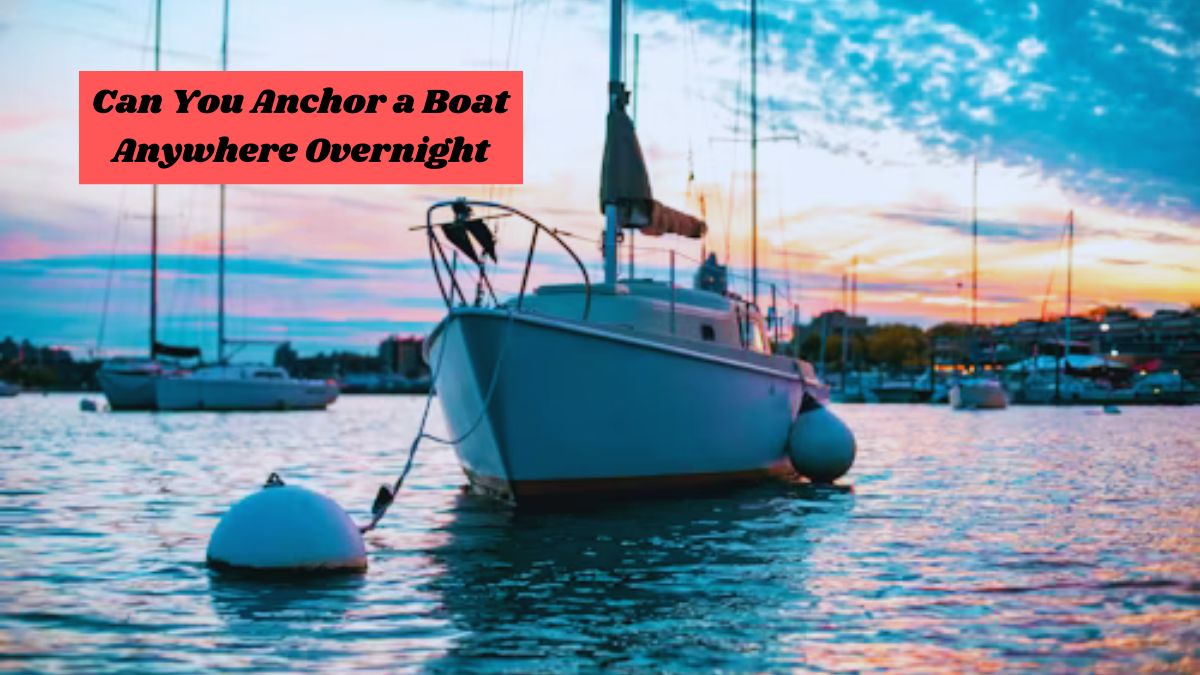
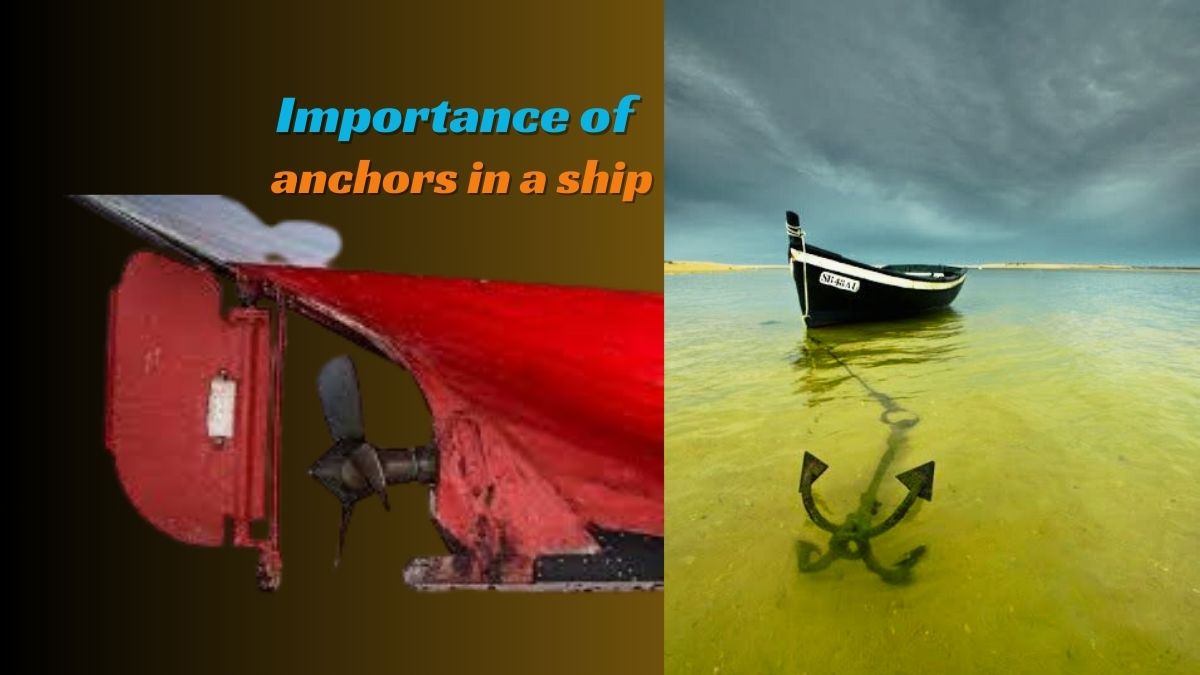
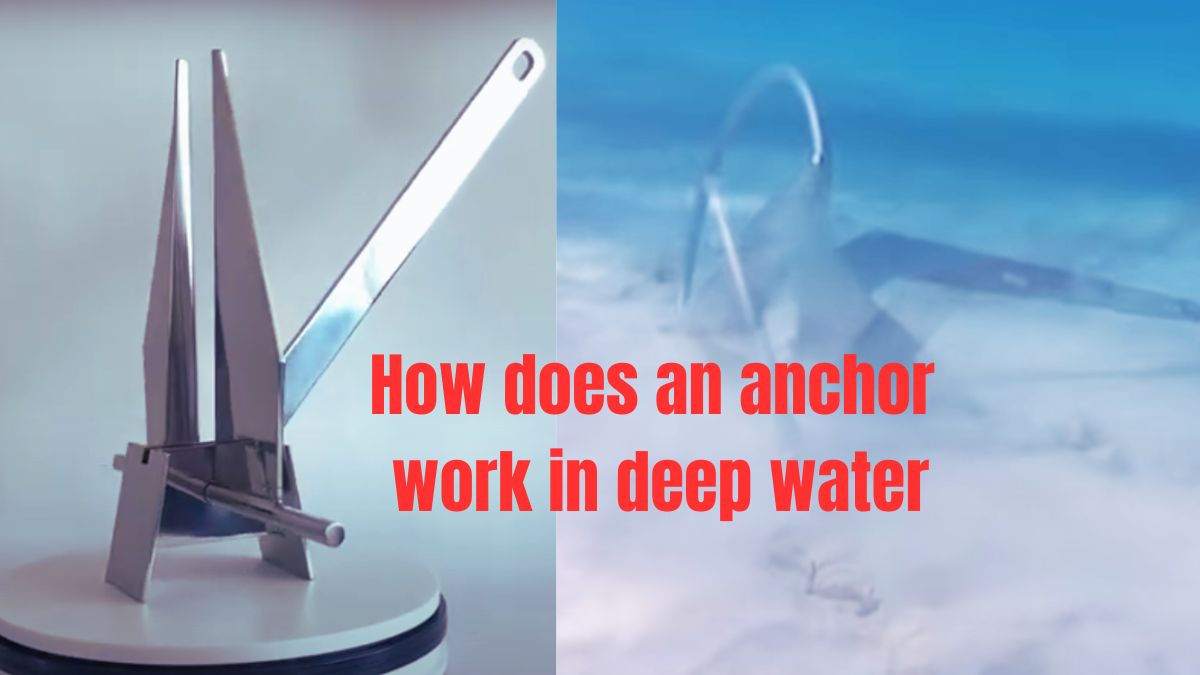
Leave a Reply